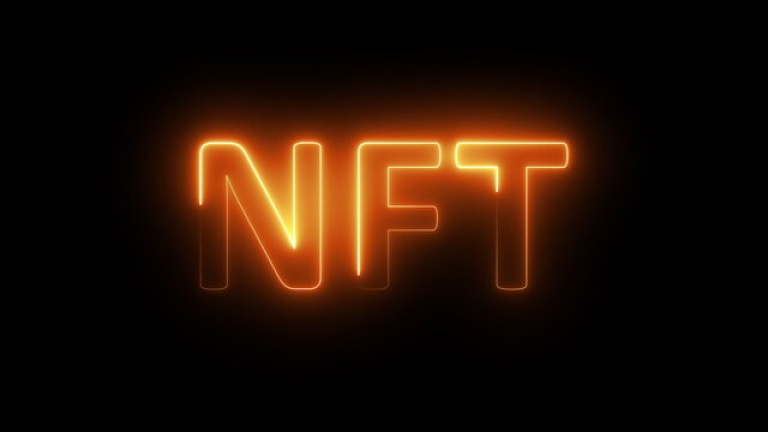Non-Fungible Tokens (NFTs) have taken the digital world by storm, revolutionizing how we perceive ownership and authenticity of digital assets. As the NFT market continues to flourish, entrepreneurs and developers are seeking robust blockchain platforms to build their own NFT marketplaces. In this blog, we'll delve into some of the best blockchain platforms that offer the tools and infrastructure to create cutting-edge NFT marketplaces.
- Ethereum
Ethereum is the pioneer in blockchain technology and has played a significant role in the rise of NFTs. The Ethereum blockchain's native support for smart contracts and its compatibility with the ERC-721 and ERC-1155 token standards make it a popular choice for NFT marketplaces. While Ethereum offers great flexibility, its success has led to high gas fees and scalability challenges. However, layer 2 solutions like Polygon (formerly Matic) can mitigate these issues while maintaining Ethereum's security.
- Binance Smart Chain (BSC)
Binance Smart Chain is an Ethereum-compatible blockchain that has gained traction due to its faster transaction speeds and lower fees. BSC's support for BEP-721 and BEP-1155 token standards allows developers to create NFT marketplaces with reduced overhead costs compared to Ethereum. Its integration with the Binance ecosystem also provides access to a large user base, enhancing the marketplace's visibility and adoption potential.
- Flow
Flow is a blockchain platform specifically designed for NFTs and digital collectibles. With a focus on scalability and user experience, Flow provides a developer-friendly environment to build NFT marketplaces that can handle high volumes of transactions without compromising speed or security. Notable projects like NBA Top Shot have chosen Flow for their NFT platforms, highlighting its potential for creating immersive and engaging user experiences.
- Polygon (Matic)
Polygon, a layer 2 scaling solution for Ethereum, has gained popularity for its ability to address Ethereum's scalability challenges. By providing faster transactions and significantly lower fees, Polygon offers an attractive platform for building NFT marketplaces. It's compatible with Ethereum's tooling, making it easier for developers to transition their projects. Polygon's ecosystem includes a range of projects, from gaming to DeFi, making it a versatile option for NFT marketplaces.
- Solana
Solana is known for its high-speed, high-performance blockchain that supports a wide range of applications. Its architecture enables fast confirmation times and low fees, making it suitable for NFT marketplaces with high-frequency trading and minting activities. Solana's infrastructure encourages developers to create feature-rich, interactive NFT platforms that offer seamless user experiences.
- Tezos
Tezos stands out for its focus on self-amendment and formal verification, ensuring security and upgradability. Tezos supports smart contracts and NFT standards, making it a viable option for building NFT marketplaces with a focus on sustainability and long-term viability. Its unique governance mechanism allows stakeholders to participate in decision-making, fostering a sense of community ownership.
- Avalanche
Avalanche is a platform that aims to combine the best aspects of existing blockchains, offering high throughput and low latency. With its support for Ethereum Virtual Machine (EVM) compatibility, Avalanche allows developers to easily port their Ethereum projects, including NFT marketplaces, to its ecosystem. Its Avalanche-X program provides funding and resources to developers building on the platform.
Conclusion
The rise of NFTs has ushered in a new era of digital ownership and creativity, with NFT marketplaces at the forefront of this movement. Choosing the right blockchain platform is a critical step in ensuring the success of your NFT marketplace. Whether you prioritize Ethereum's established ecosystem, Binance Smart Chain's cost efficiency, or the specialized features of platforms like Flow and Solana, each option has its own advantages and considerations.
As you embark on your journey to create an NFT marketplace, evaluate these blockchain platforms based on factors like scalability, transaction speed, fees, developer support, and compatibility with NFT standards. The blockchain landscape is continuously evolving, and staying informed about the latest developments will empower you to make informed decisions that lead to a thriving and successful NFT marketplace.


No comments yet